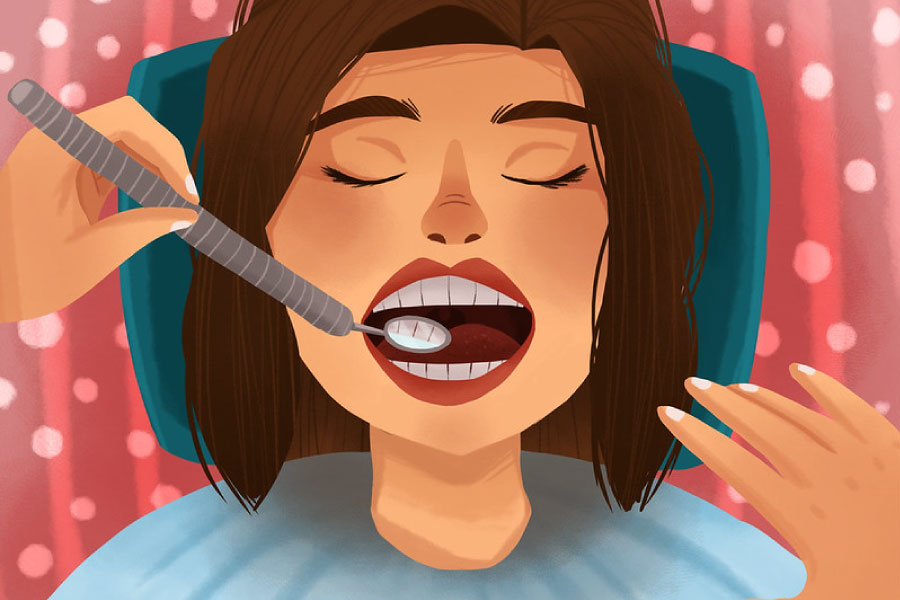
You’ve probably been hearing about cavities since you were old enough to start brushing your own teeth. According to the CDC, one in four adults between the ages of 20 to 64 currently has at least one cavity. Many things can affect the prevalence of cavities, including oral hygiene habits and whether or not the water is fluoridated. While it may not seem fair, it’s also true that some people are more prone to cavities than others. You can control some of the different factors that affect how likely it is for you to develop a cavity. Some others you can’t. Here are some things to consider when trying to determine how prone you are to cavities.
The Role of DNA
How likely you are to develop a cavity isn’t just about how diligent you are about brushing your teeth. Your genetics also plays a role. Simply put, there are some people who are more susceptible to tooth decay because of their DNA. If you’ve noticed that cavities are a common occurrence in your family, this could be the case with you too. On the other hand, some people have naturally strong teeth and rarely get cavities, sometimes even with only marginal oral hygiene.
Having Dry Mouth
Saliva has the important function of rinsing away plaque and bacteria that can otherwise build up on your teeth and lead to cavities. If you deal with dry mouth you are more susceptible to cavities. Dry mouth might be caused by the medications you’re taking or other medical conditions. Some inherited autoimmune diseases can cause dry mouth. Anxiety, alcohol, illness or dehydration can also lead to dry mouth. Sip water regularly to decrease your chances of getting a cavity.
Check Your Diet
Are you someone who’s snacking all day long? Do you love drinking and eating sugary things? Both of these can contribute to an increased likelihood of cavities. The bacteria that creates cavities love sugar, and what and how often you’re exposing your teeth to sugar can create the perfect environment for cavities to form.
Regular Dental Visits
When you come in for an exam and professional hygiene cleaning twice a year, our team can help you prevent cavities. We can detect cavities that are too small to be seen without special equipment. By treating cavities early, we can prevent bigger oral health problems later on. This is not only true for folks who are prone to cavities, but also for those lucky few who have cavity-resistant teeth. We also offer fluoride treatments and dental sealants. These treatments can prevent cavities in adults as well as children.
Cavity Prevention in Corvallis, OR
If you need help with cavity prevention, don’t hesitate to contact Corvallis Dental Group. Our expert team is happy to help you in the fight against cavities with our comprehensive dental services. Call or email us today to set up your appointment!








